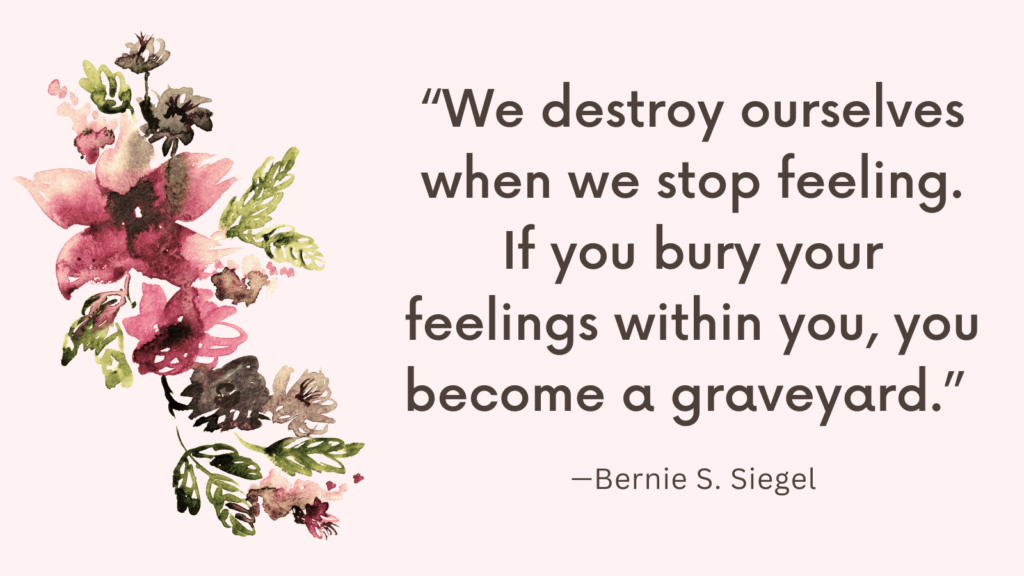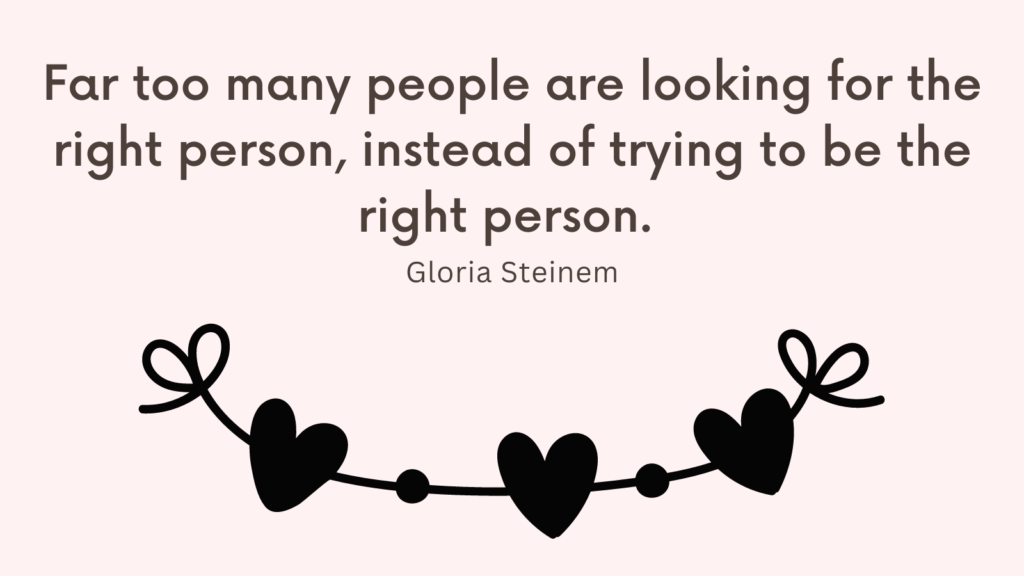In this post, you’re going to learn how to deal with denial in a relationship.
How Denial in a Relationship Manifests
Denial is a common defense mechanism that individuals may employ in various aspects of their lives, including relationships.
Denial in a relationship can manifest in various ways, depending on the individual and the specific dynamics of the partnership. Here are some common manifestations of denial:
1. Ignoring or avoiding issues
One of the most prevalent signs of denial is when individuals consciously or unconsciously brush aside or avoid acknowledging problems within the relationship.
They may pretend that everything is fine or ignore clear signs of conflict or dissatisfaction.
2. Minimization and rationalization
Those in denial often downplay the severity or significance of issues by minimizing their impact or rationalizing their behavior.
For example, a partner who has been unfaithful might try to justify their actions by blaming external factors or claiming that it was a one-time mistake.
3. Selective attention or memory
Denial can lead individuals to selectively focus on positive aspects of the relationship while disregarding or conveniently forgetting negative experiences.
They may actively ignore or dismiss evidence that contradicts their preferred narrative.
Related: How To Save Your Relationship From A Breakup? 5 Steps To Strengthen Your Relationship
4. Defensiveness and avoidance of responsibility
People in denial may become defensive when confronted with issues within the relationship.
They deflect blame onto their partner or external circumstances rather than accepting their share of responsibility for problems.
This defensiveness can create a barrier to open communication and problem-solving.
5. Projection
In some cases, individuals in denial may project their own flaws or negative qualities onto their partner, essentially attributing their own issues to the other person.
This allows them to deny their own shortcomings and maintain a sense of superiority or righteousness.
6. Emotional detachment
Denial can lead to emotional distance between partners.
The individual in denial may shut down emotionally, refusing to engage in deep or meaningful conversations or becoming numb to their own feelings and the feelings of their partner.
Related: I Can’t Talk To My Husband without Him Getting Angry: Top 8 Things to Do
7. Avoidance of intimacy
People in denial may struggle with forming or maintaining intimate connections.
They may resist vulnerability, fearing that opening up emotionally will force them to confront uncomfortable truths or expose their own insecurities.
8. Dismissing concerns or complaints
Individuals in denial may dismiss their partner’s valid concerns, complaints, or desires for change.
They may invalidate their partner’s emotions or needs, further contributing to relationship strain and dissatisfaction.
9. Maintaining a façade
Some individuals in denial may go to great lengths to present a perfect image of their relationship to others.
They might act as if everything is flawless, even when faced with significant challenges behind closed doors.
This facade can perpetuate the cycle of denial and prevent seeking help or support.
Related: Fear of Engulfment: What It Is & How to Overcome It
How to Deal With Denial in a Relationship?
Dealing with denial in a relationship can be challenging, but there are strategies that can help. Here are some suggestions to navigate this situation:
1. Self-awareness
Start by examining your own role in the dynamic.
Acknowledge any denial or avoidance tendencies you may have and be willing to confront uncomfortable truths about yourself and the relationship.
This self-awareness will help you approach the situation with clarity and openness.
2. Communication
Establish open and honest communication with your partner. Express your concerns, observations, and feelings in a non-confrontational manner.
Use “I” statements to convey how their behavior or denial affects you, rather than placing blame or accusing them.
Encourage your partner to share their thoughts and experiences as well.
3. Encourage reflection and self-awareness
Gently encourage your partner to reflect on their own emotions and behaviors.
Help them notice patterns of denial or avoidance and how it may be impacting the relationship.
Be patient and compassionate during this process, as self-reflection can be difficult.
Related: Emotional Intimacy Test (+13 Tips On How To Increase Emotional Intimacy In A Relationship?)
4. Empathy and understanding
Try to understand the underlying reasons behind your partner’s denial.
It may stem from fear, shame, or a desire to protect themselves or the relationship.
Showing empathy and understanding can create a safe space for them to discuss their concerns and begin to acknowledge the issues at hand.
5. Set boundaries
Establish clear boundaries for what is acceptable and unacceptable within the relationship.
This can help both partners recognize and respect each other’s needs and expectations.
Boundaries also provide a framework for addressing denial and working towards healthier relationship dynamics.
6. Practice self-care
Dealing with denial in a relationship can be emotionally draining.
Prioritize self-care by engaging in activities that bring you joy, maintaining social connections, and seeking support outside of the relationship.
Taking care of your own well-being is important throughout this process.
Related: Best 100 Self Care Affirmations To Honor Yourself

Conclusion
Dealing with denial in a relationship requires a combination of self-awareness, open communication, and patience.
By recognizing the presence of denial, seeking support, and actively working towards healthier coping mechanisms, individuals can begin to break down barriers and foster a more honest and authentic connection with their partner.
Remember, addressing denial is an ongoing journey that requires commitment and understanding from both individuals involved.



